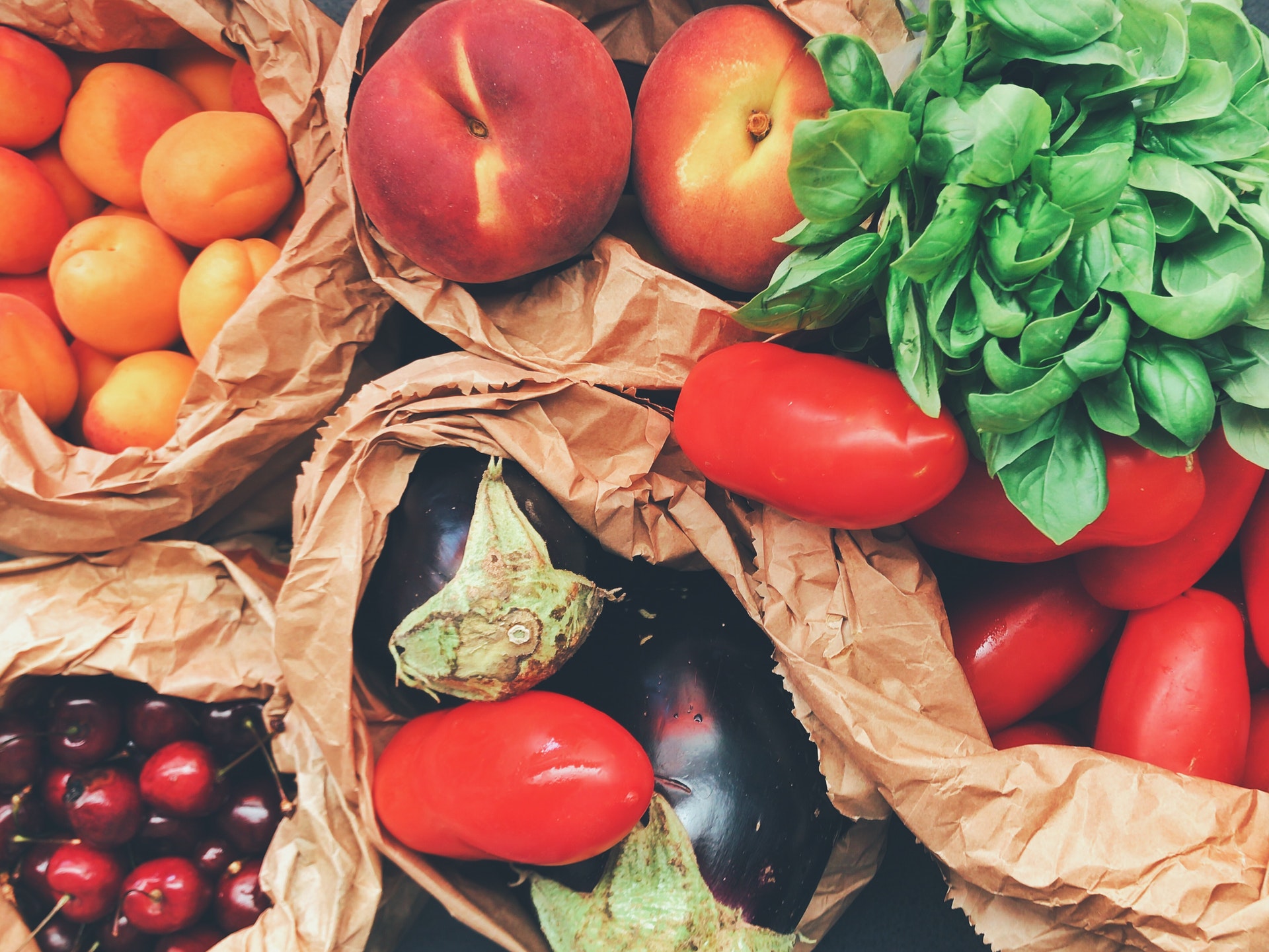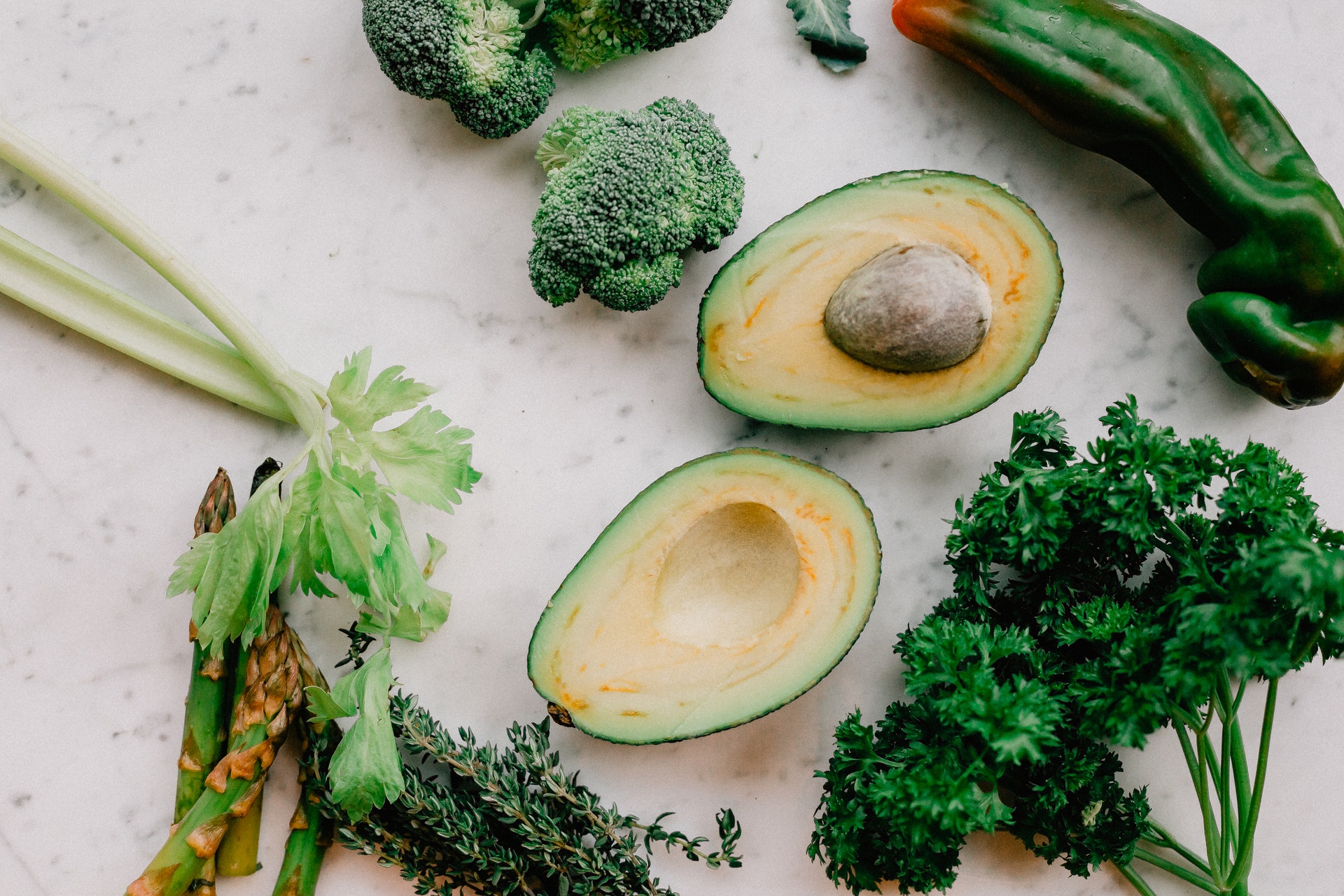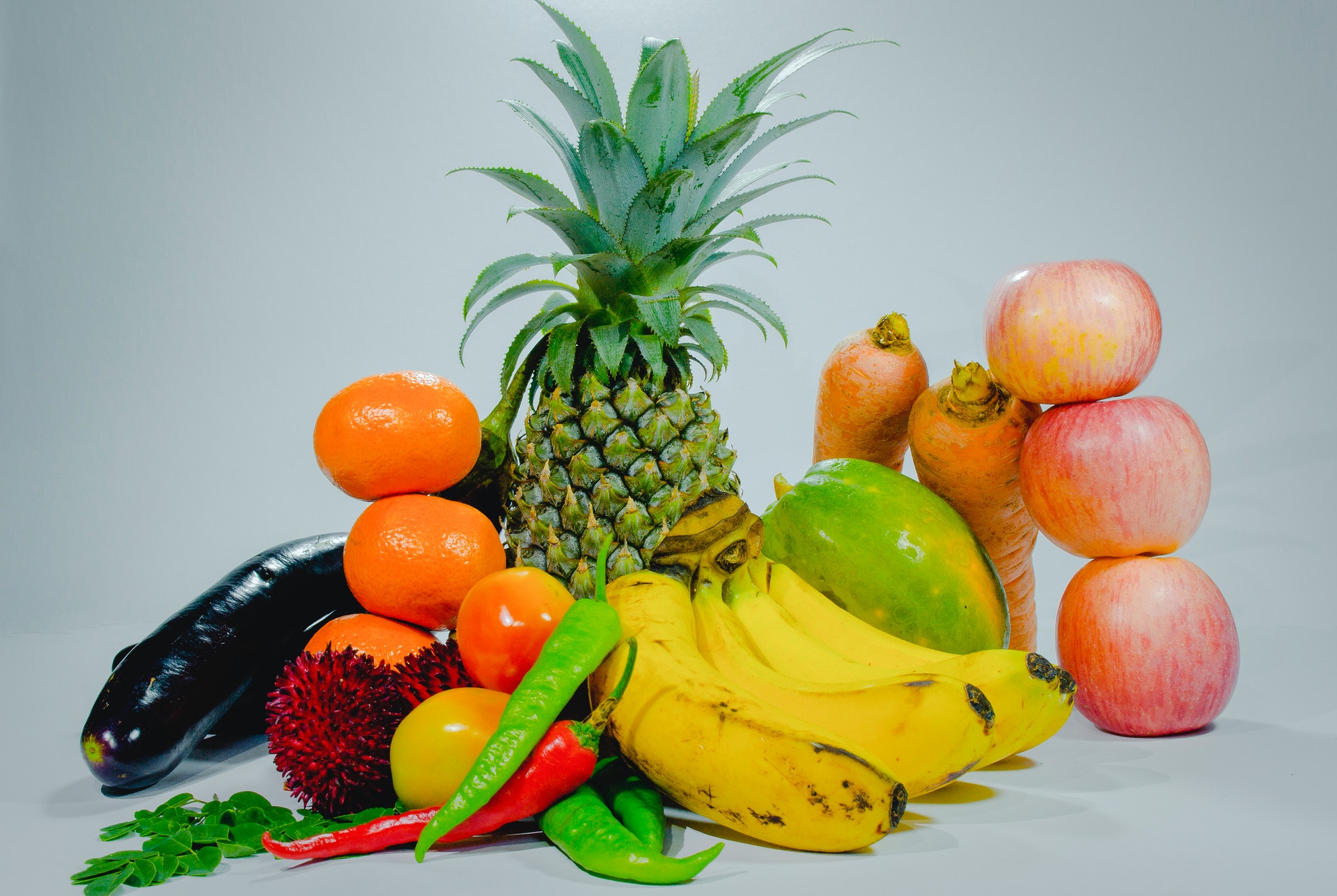
Body + Mind is reader-supported. We may earn an affiliate commission when you buy through some of the links on our site.

You might have seen foods labeled “good source of antioxidants” while grocery shopping. What does this term mean, and what do these substances do?
Antioxidants play a vital role in preserving human health. They help to protect your body from the various stressors and toxins you encounter in daily life. Here’s what antioxidants do and eight impressive benefits of getting more of them in your diet.
Every part of your body consists of cells, each one of which contains your genetic material. They aren’t immune to change — they face threats like viruses and lack of adequate nutrition. However, some of their most formidable enemies are free radicals.
To understand free radicals, you have to think back to your high school chemistry class and remember the structure of an atom. Electrons orbit the nucleus — and they typically come in pairs. When an atom has an unpaired electron, it becomes unstable. Like a lovelorn teenager lacking a prom date, it looks high and low for a potential mate. Unfortunately, they can only find one by stealing one from an atom inside one of your cells.
When it does, it’s like a third party breaking up an otherwise happy marriage. The electron disruption causes cellular damage — which can result in severe health issues. Scientists associate free radicals with cancer, hardening of the arteries, Parkinson’s disease and Alzheimer’s. Cellular oxidative damage can also cause less serious but distressing symptoms like dry, wrinkly skin and low energy levels.
Antioxidants protect your cells against free radicals. They do so by providing missing electrons to these microscopic thieves, keeping them from stealing them from your cells. You’re probably familiar with some of them, like vitamins C, E and beta-carotene.
However, they also include various phytonutrients, flavonoids, phenols and polyphenols. It’s one reason increasing the variety of plant-based foods in your diet will benefit your health immensely.
What are some of the benefits you can reap from an antioxidant-rich diet? Consider the following eight impressive perks.
Anyone benefits from more antioxidants, but please add more fresh fruits and veggies to your diet if you have a family history of heart disease. An increase in free radicals in your body initiates subcellular changes, resulting in cardiomyopathy and failure. Add some fresh peppers and spinach to your next wrap, and opt for a salad instead of rice or french fries as a side.

Studies on the brains of Alzheimer’s patients show lesions associated with free radical damage. Your brain is particularly sensitive to oxidative stress because it uses a ton of oxygen to produce energy and contains few antioxidants. Adding more through your diet may help to stave off age-related cognitive decline.
Cancer occurs when your cells multiply faster than they should, possibly as a result of oxidative damage. Maintaining homeostasis — normal cellular conditions — is a must. Dried fruit makes an antioxidant-rich addition to your breakfast oatmeal, and it has a long shelf-life, allowing you to stock up when your grocery budget is flush.
If you have rheumatoid arthritis, you probably noticed that your flares worsen when you consume certain foods. However, the right ones could potentially reduce your pain levels. Try treating your plate as a clock and filling half of it with fruits and vegetables at every meal.
Damage to the cells lining your breathing passages can result in congestion. Some people turn to nasal sprays containing oxymetazoline for relief. The problem is, the rebound effect can leave you stuffier than you began. A far better approach is to improve your diet. If you are already hooked, you can use products containing triamcinolone acetonide to ease your withdrawal while you heal your passages with antioxidant-rich foods.
Oxidative damage can impact your immune cells, meaning your body has fewer troops at the ready to defend against germs. The increase in antioxidant intake may be one reason that vitamin C can shorten a cold’s duration, but only if you take it before you get sick to shore up your body’s supply.
Oxidative stress can increase hair loss by weakening the hold that your scalp has on your hair. If you find clumps in the shower or sink when you shampoo, try adding more fresh fruits and vegetables to your diet.
You might see many anti-aging products advertise that they contain antioxidants. That’s because free radicals can damage your skin cells, leading to premature wrinkling and an ashy, dehydrated look. One thing antioxidants do is help you maintain a youthful glow. You can apply such products topically, but you might have even better results when you nourish from within with a healthy diet.

If you haven’t transitioned to a more plant-based diet yet, you now have eight more reasons to do so. Now that you know what antioxidants do, try to get more of these beneficial substances in your diet.
Your email address will only be used to send you our newsletter, and at any time you may unsubscribe. For more information, see our Privacy Policy.